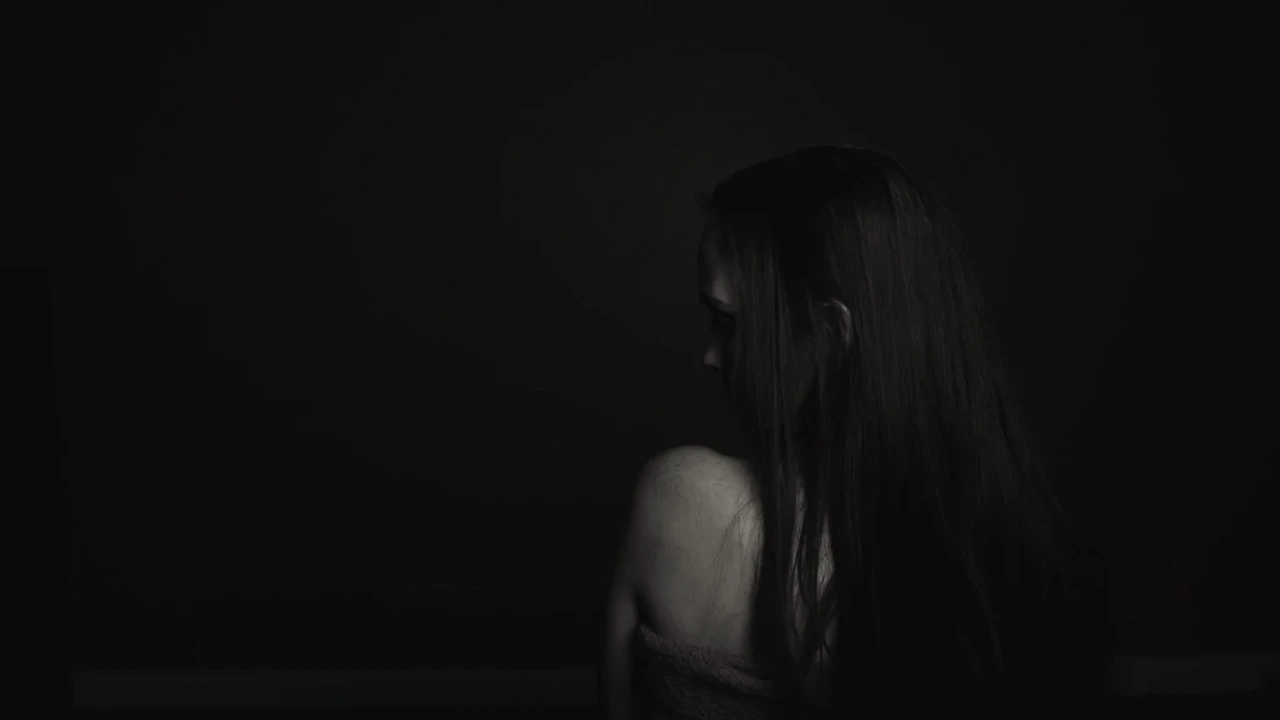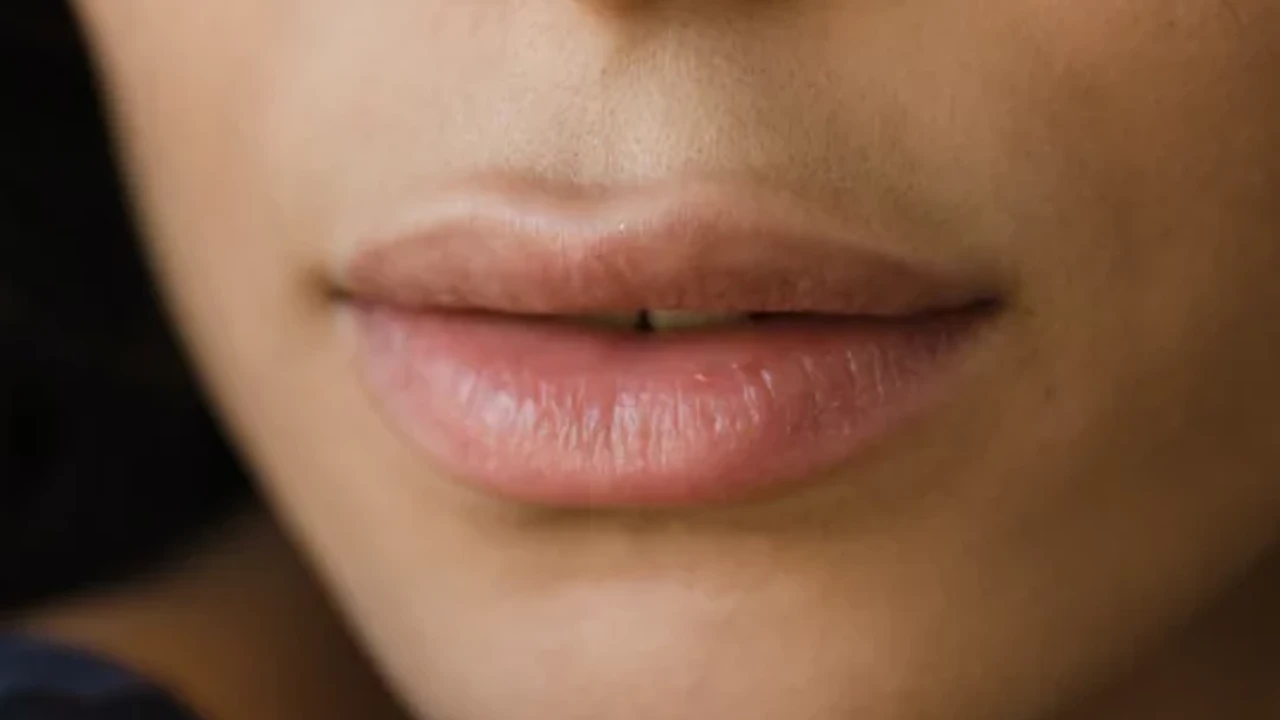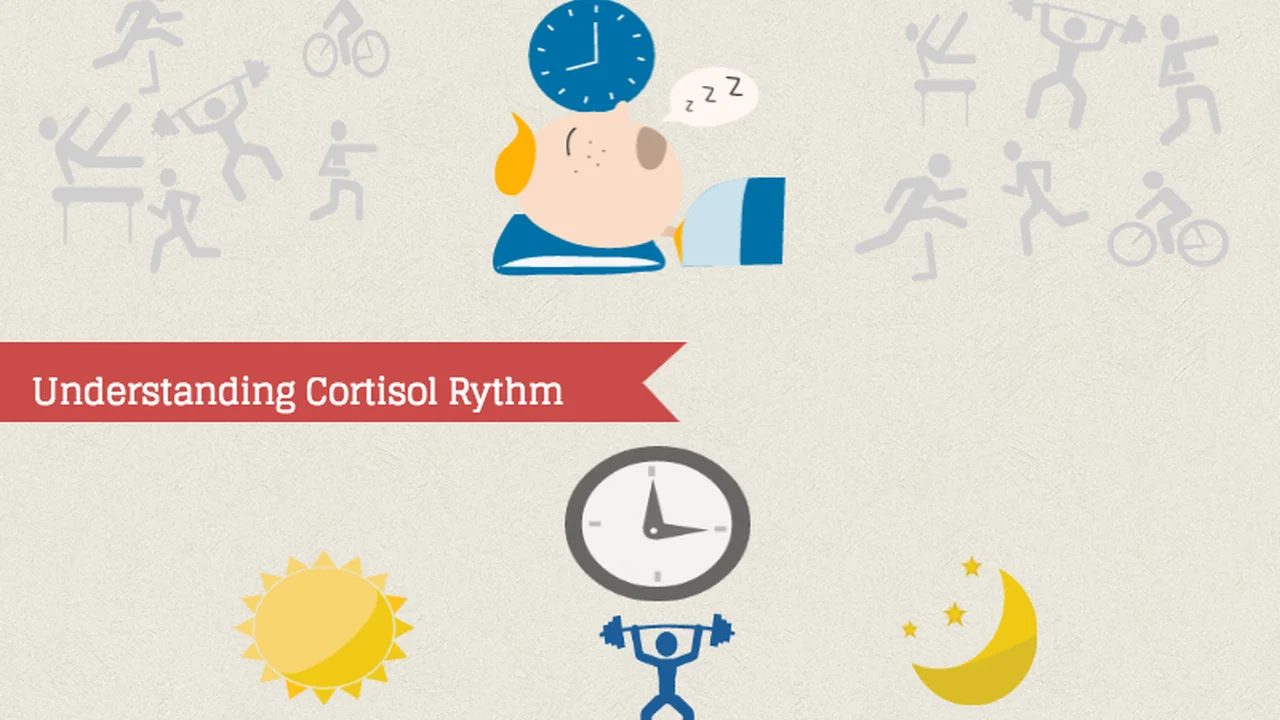Sleep and Bipolar Disorder: Finding Stability
Sample meta description.

Understanding the Connection Sleep Bipolar Disorder and Mental Wellbeing
Hey everyone! Let's talk about something super important: sleep and bipolar disorder. It's a tightrope walk, I know. Bipolar disorder, a condition characterized by extreme shifts in mood, energy, thinking, and behavior, can seriously mess with your sleep cycle. And guess what? Lack of sleep can, in turn, worsen bipolar symptoms. It's a vicious cycle, but understanding the connection is the first step to breaking free.
Think about it. During a manic episode, sleep often goes out the window. You're buzzing with energy, ideas are flowing like crazy, and who needs sleep when you're conquering the world? But then comes the crash, the depressive episode, where all you want to do is sleep...and sleep...and sleep. But even then, sleep might be elusive, filled with anxiety and restlessness.
So, what's the deal? Well, our brains are complex networks of neurotransmitters and hormones, and bipolar disorder throws these systems out of whack. Sleep-wake cycles, mood regulation, and energy levels are all interconnected. When one is off, they all can be. Things like serotonin, dopamine, and melatonin all play a role, and their dysregulation can contribute to both sleep problems and bipolar symptoms.
Recognizing Sleep Disturbances in Bipolar Disorder Key Indicators
How do you know if your sleep problems are related to bipolar disorder? Here are some common signs:
- Insomnia during manic episodes: Feeling wired, racing thoughts, difficulty falling asleep or staying asleep.
- Hypersomnia during depressive episodes: Excessive sleepiness, difficulty getting out of bed, feeling tired even after sleeping.
- Changes in sleep patterns: Shifting sleep schedules, sleeping at odd hours, napping excessively or not at all.
- Restless sleep: Tossing and turning, frequent awakenings, nightmares.
- Difficulty maintaining a regular sleep schedule: Even when you try to stick to a routine, your body rebels.
It's important to note that everyone experiences sleep problems from time to time. But if these disturbances are persistent, severe, and clearly linked to your mood episodes, it's time to talk to your doctor.
Strategies for Improving Sleep with Bipolar Disorder Practical Tips
Okay, so you're struggling with sleep and bipolar disorder. What can you do? Here are some strategies that can help:
- Establish a consistent sleep schedule: Go to bed and wake up at the same time every day, even on weekends. This helps regulate your body's natural sleep-wake cycle.
- Create a relaxing bedtime routine: Take a warm bath, read a book, listen to calming music, or practice relaxation techniques like deep breathing or meditation.
- Optimize your sleep environment: Make sure your bedroom is dark, quiet, and cool. Use blackout curtains, earplugs, or a white noise machine if needed.
- Avoid caffeine and alcohol before bed: These substances can interfere with sleep.
- Exercise regularly: But avoid intense workouts close to bedtime.
- Limit screen time before bed: The blue light emitted from electronic devices can suppress melatonin production.
- Talk to your doctor: They can help you identify any underlying medical conditions that may be contributing to your sleep problems and recommend appropriate treatment options.
The Role of Medication in Managing Sleep and Bipolar Disorder
Medication is often a crucial part of managing both bipolar disorder and sleep problems. Your doctor may prescribe:
- Mood stabilizers: These medications help to stabilize mood swings and can also improve sleep.
- Antidepressants: These medications can help to alleviate depressive symptoms, which can improve sleep. However, they should be used with caution in people with bipolar disorder, as they can sometimes trigger mania.
- Anti-anxiety medications: These medications can help to reduce anxiety and promote relaxation, which can improve sleep.
- Sleep medications: These medications can help you fall asleep and stay asleep. However, they should be used short-term and under the supervision of a doctor, as they can be habit-forming.
It's essential to work closely with your doctor to find the right medication regimen for you. Be sure to discuss any side effects you experience and let them know if your sleep problems are not improving.
Product Recommendations for Better Sleep with Bipolar Disorder Specific Examples
Let's get into some specific products that can help you improve your sleep. I'm not a doctor, so this isn't medical advice, but these are things that have helped others (and me!):
Weighted Blankets for Anxiety and Restlessness
Product: Gravity Blanket (or similar)
Use Case: If you experience anxiety or restlessness at night, a weighted blanket can provide a calming, grounding sensation. The gentle pressure can help to reduce anxiety and promote relaxation.
Comparison: There are tons of weighted blankets out there. Gravity Blankets are known for their quality, but they are pricier (around $250). Other brands like YnM and Quility offer more affordable options (around $80-$120). Consider the weight and material. Generally, a blanket that is about 10% of your body weight is recommended. Some blankets are made with cooling fabrics, which can be helpful if you tend to get hot at night.
Price: $80 - $250 depending on brand and size.
White Noise Machines for a Calming Sleep Environment
Product: LectroFan White Noise Machine (or similar)
Use Case: If you live in a noisy environment or have trouble blocking out distractions, a white noise machine can create a calming and consistent soundscape. It can help to mask distracting noises and promote relaxation.
Comparison: Some white noise machines offer a variety of sounds, including white noise, pink noise, brown noise, and nature sounds. The LectroFan is a popular choice because it offers a wide range of sounds and is very effective at blocking out noise. Other options include the Marpac Dohm and the Sound+Sleep Mini. Consider the size, portability, and sound quality when making your decision.
Price: $30 - $100 depending on features and brand.
Light Therapy Lamps for Seasonal Affective Disorder (SAD) and Mood Regulation
Product: Verilux HappyLight (or similar)
Use Case: Light therapy lamps can be helpful if you experience seasonal affective disorder (SAD) or have difficulty regulating your mood. Exposure to bright light can help to boost serotonin levels and improve mood and energy levels. This might be particularly helpful during depressive episodes.
Comparison: Light therapy lamps vary in terms of brightness, size, and features. The Verilux HappyLight is a popular choice because it is compact and easy to use. Other options include the Carex Day-Light Classic Plus and the Northern Light Technologies Boxelite. Make sure to choose a lamp that emits at least 10,000 lux and has a UV filter.
Price: $40 - $150 depending on brightness and features.
Sleep Masks for Blocking Out Light
Product: Alaska Bear Natural Silk Sleep Mask (or similar)
Use Case: Even with blackout curtains, some light can still seep into your bedroom. A sleep mask can block out all light and create a dark and conducive sleep environment.
Comparison: Sleep masks come in a variety of materials, including silk, cotton, and polyester. Silk masks are generally considered to be the most comfortable and breathable. The Alaska Bear Natural Silk Sleep Mask is a popular choice because it is soft, lightweight, and adjustable. Other options include the Manta Sleep Mask and the Bucky 40 Blinks Sleep Mask.
Price: $10 - $30 depending on material and brand.
Smartwatches and Sleep Trackers for Monitoring Sleep Patterns
Product: Fitbit Charge 5 (or similar)
Use Case: Smartwatches and sleep trackers can help you monitor your sleep patterns and identify any potential problems. They can track your sleep duration, sleep stages, and heart rate. This data can be valuable in understanding your sleep habits and making adjustments to improve your sleep.
Comparison: The Fitbit Charge 5 is a good all-around option with a good balance of features and price. Other popular choices include the Apple Watch Series 8 (more expensive but feature-rich) and the Garmin Venu 2 (excellent for fitness tracking). Consider battery life, accuracy, and the features that are most important to you.
Price: $100 - $400 depending on features and brand.
The Importance of a Regular Sleep Schedule for Bipolar Disorder Management
Seriously, I can't stress this enough. A regular sleep schedule is your best friend when you have bipolar disorder. It's like setting a rhythm for your brain. When your brain knows what to expect, it's less likely to go haywire. Think of it like this: if you feed your pet at the same time every day, they're less likely to be constantly begging for food. Your brain is the same way. Consistent sleep helps to regulate your mood, energy levels, and cognitive function.
Mindfulness and Relaxation Techniques for Sleep Improvement
Sometimes, the hardest part about falling asleep is quieting your mind. Racing thoughts, worries, and anxieties can keep you up all night. That's where mindfulness and relaxation techniques come in. Here are a few that you can try:
- Deep breathing: Take slow, deep breaths in through your nose and out through your mouth. Focus on the sensation of your breath as it enters and leaves your body.
- Progressive muscle relaxation: Tense and release different muscle groups in your body, starting with your toes and working your way up to your head.
- Meditation: Find a quiet place to sit or lie down and focus on your breath or a mantra. Let your thoughts come and go without judgment.
- Yoga: Gentle yoga poses can help to relax your body and mind.
- Guided imagery: Imagine yourself in a peaceful and relaxing place, such as a beach or a forest.
Seeking Professional Help When to Consult a Doctor or Therapist
If you've tried these strategies and you're still struggling with sleep, it's time to seek professional help. A doctor or therapist can help you identify any underlying medical conditions that may be contributing to your sleep problems and recommend appropriate treatment options. They can also help you develop a personalized plan for managing your bipolar disorder and improving your sleep.
Don't be afraid to reach out for help. There are many resources available to support you. You're not alone, and you can get better.
:max_bytes(150000):strip_icc()/277019-baked-pork-chops-with-cream-of-mushroom-soup-DDMFS-beauty-4x3-BG-7505-5762b731cf30447d9cbbbbbf387beafa.jpg)





: Causes and Treatments.webp)
